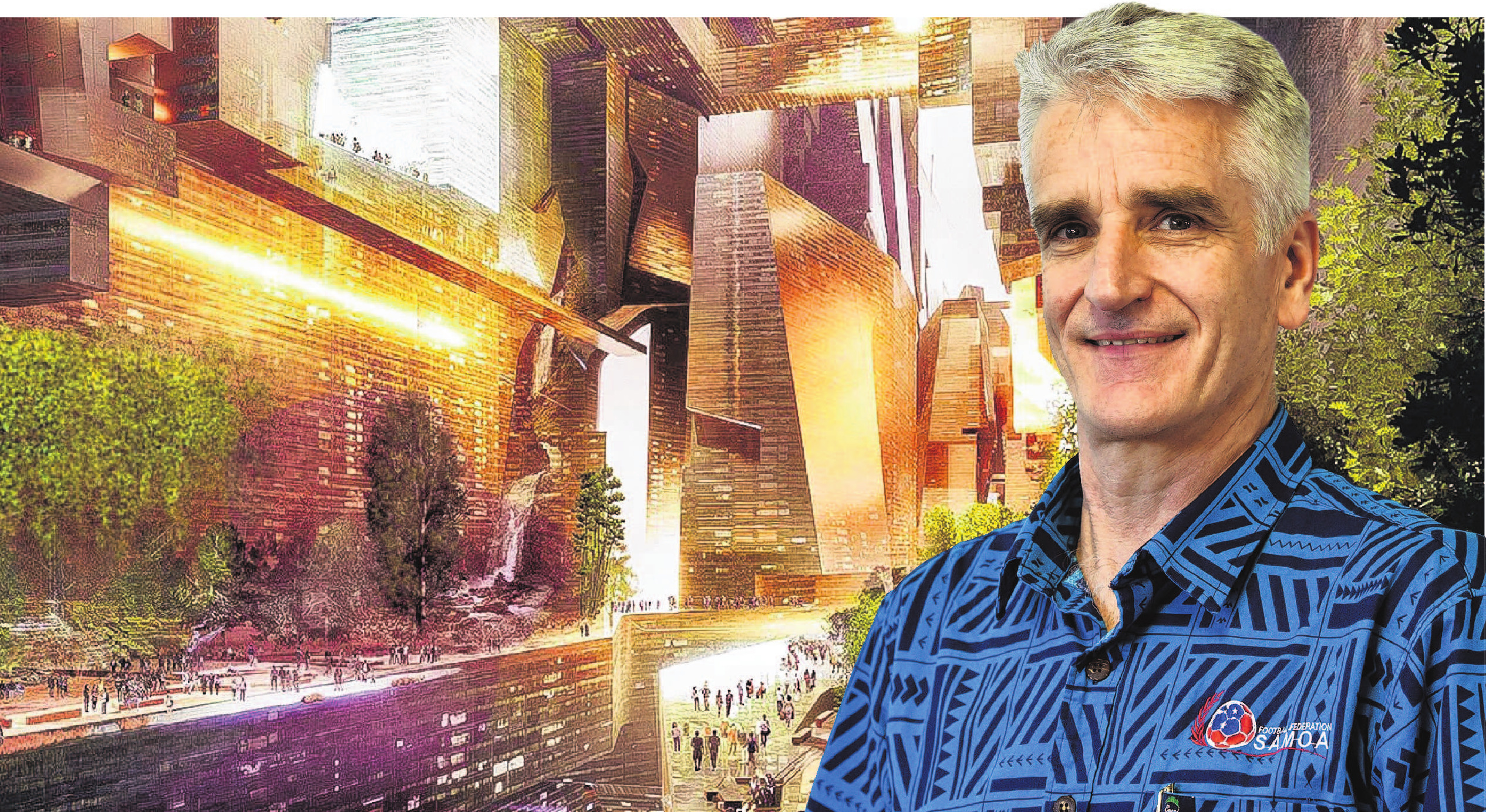
Sounds like a far-off dream, but John Salisbury is using his knowledge of physics to help build such a city, in Saudi Arabia.
The King’s High School teacher is leaving Dunedin to work on a project called The Line, which aims to revolutionise life as we know it.
The Line is a futuristic city being built along a high-speed maglev rail line in the Saudi desert, and aims to be fully integrated with nature and technology so that residents can live, work and enjoy a high quality of life.
Promotional material for the project says transportation will be all-electric and autonomous with renewable energy sources, making the city environmentally friendly and sustainable; and the city aims to feature the most advanced technologies, such as artificial intelligence and smart homes.
In the desert, it was hoped it would look like a long, thin oasis, surrounded by protected natural areas with green parks, lakes, and walking and cycling paths that preserve the natural beauty and biodiversity of the region as well as creating a harmony between urban life and nature.
Through the use of these innovations, The Line aims to reduce Saudi Arabia’s dependence on oil resources and become a catalyst for economic growth, technological advancement, and sustainable development of the country.
Ultimately, it aims to become an inspiring example for building cities of the future around the world.
For Mr Salisbury, the opportunity to live there and teach the children of the people building the city was too good to pass up.
"It’s an amazing project — I’m fascinated by it, and I love the idea of being part of something that’s so innovative and interesting.
"There’s a town that’s been built there for The Line workers.
"There’ll be some construction workers there, architects, project managers — all sorts — and I’ll be teaching at an international high school there and setting up some programmes for physics."
He was curious to see how the education system would work there, and what technology he would have at his disposal for teaching.
Mr Salisbury said he had lived and taught in many places around the world — most recently Japan, before coming to Dunedin eight years ago — and heard about The Line project from people he had worked with in the past.
He said his time in Saudi Arabia was indefinite at this stage, but he hoped to pop back to Dunedin now and then, and share some of the insights he had gained from his experiences there.
"I’m very excited."












